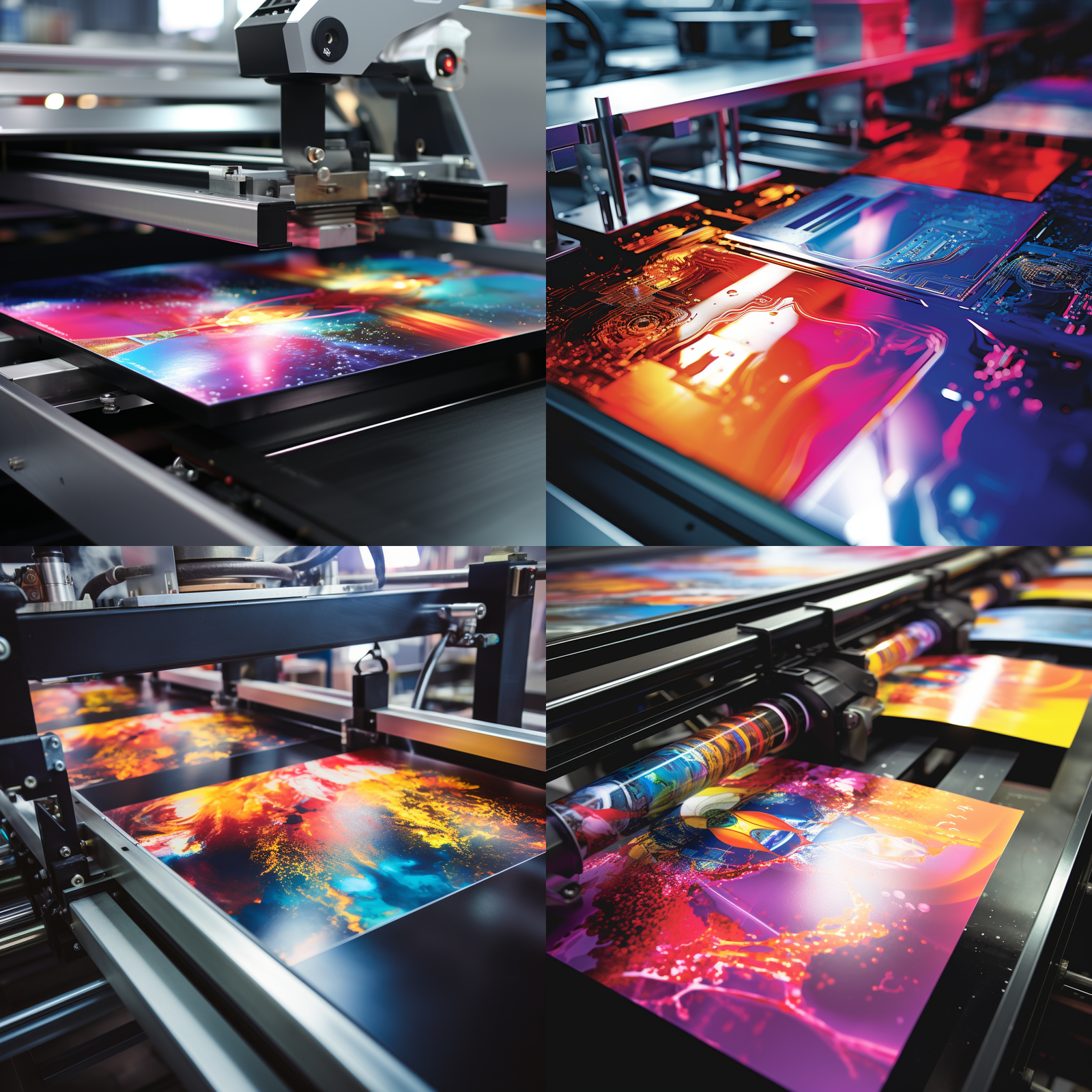How UV Coating Differs From AQ Coating In Printing
Posted: Sept 5,
Coatings are being applied to printed sheets mainly for a couple of reasons: for visual impact and for protection. The 2 most well-known types of coating in printing happen to be UV Coating and AQ Coating whose differences are going to be mentioned below.
UV Coating
Ultraviolet coating or UV Coating is applied as a finishing process by the printers either inline or offline. As compared to the aqueous coating, the UV offers better protection to the printed sheets. Moreover, it is able to provide the highest gloss plus rub-resistance as well. Consequently, this type of coating is appropriate for various products including art posters, book covers, magazine covers, as well as calendars.
AQ Coating
This happens to be the most common type of coating applied to printed sheets at present. Apart from providing very good protection, there is less chance for it to become yellow over time. It happens to be a water-based coating which does not cause any emission. AQ coating is available in various finishes including satin, high-gloss, or dull (matte). It is usually applied over an entire printed sheet, and due to this, it helps to prevent any wrinkling or curling.
In case you would like to get any assistance in deciding which coating type is going to satisfy your demands, it will be prudent to consult your printer. Make it a point to inquire about your paper options, and likewise ensure that the printer knows whether your piece is going to require any additional finishing. Apart from this, discuss the shelf life as well as usage of your piece plus how much visual impact you’d like it to make.
